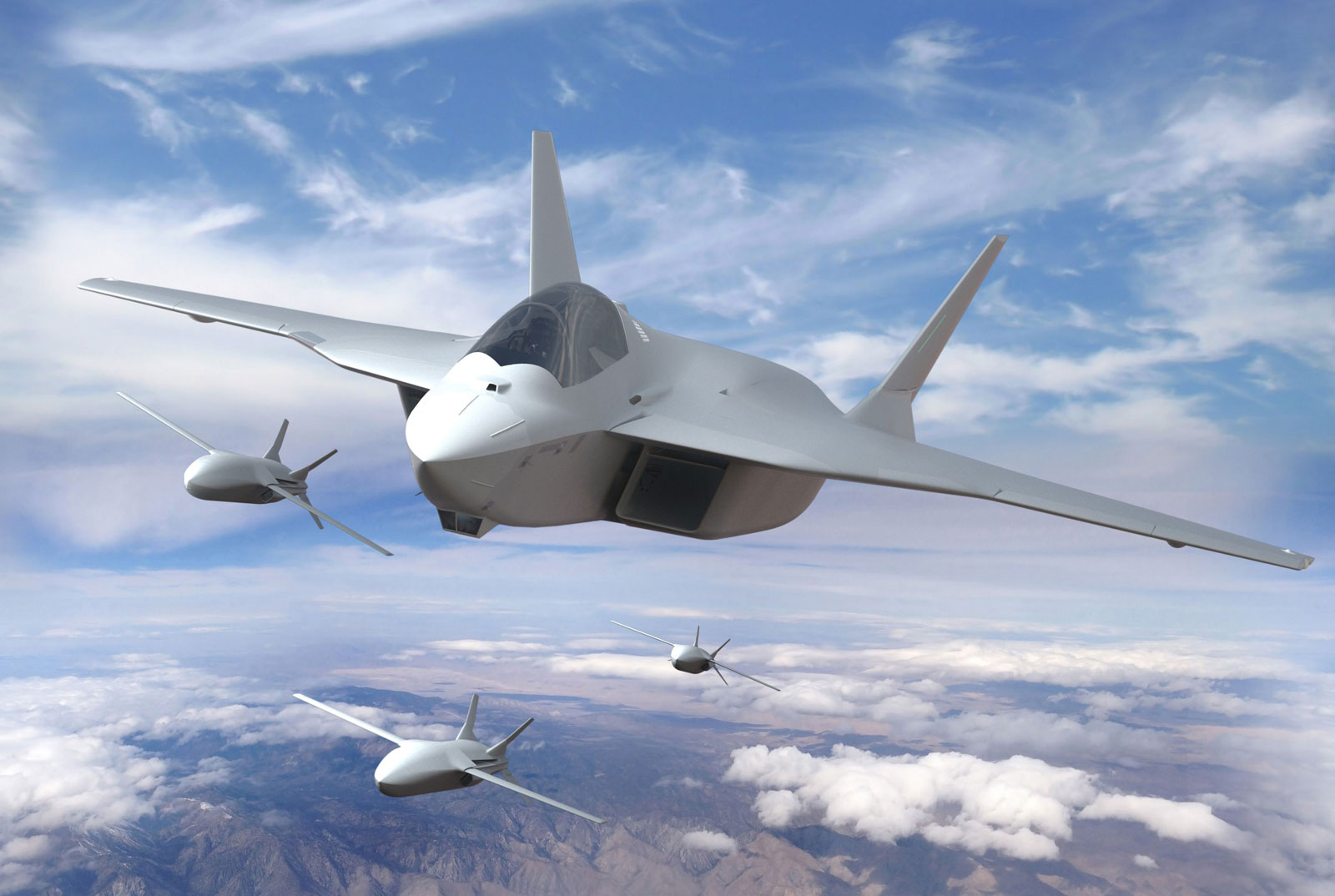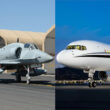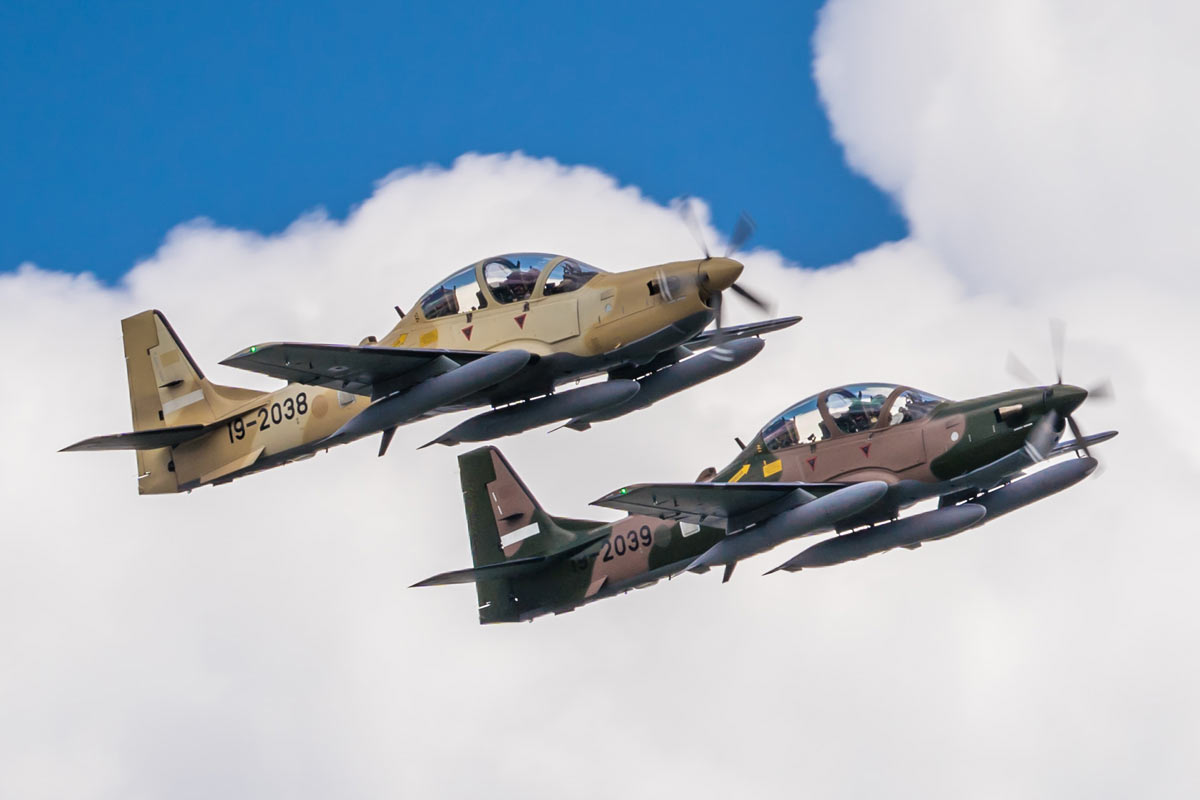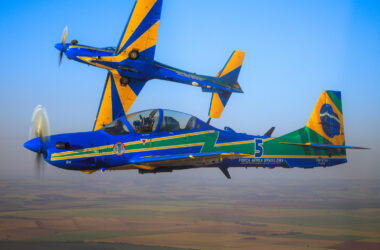As expected, the governments of the United Kingdom, Italy and Japan announced on 9 of December the launch of the international program GCAP (Global Combat Air Programme), which aims to develop a new 6th generation fighter.
GCAP is a combination of the British-led Tempest project and the Japanese F-X. Sweden, which even participated in preliminary studies, recently left the partnership.
With the definition of new partners, the goal is to fly a demonstrator of the aircraft in 2027 and, from 2035, to put the advanced fighter into operation.
In the configuration defined in the program, BAE Systems (United Kingdom), Leonardo (Italy) and Mitsubishi (Japan) will lead the GCAP program, with support from Avio Aero, Elettronica, MBDA, IHI, Mitsubishi Electric and Rolls-Royce.
The future fighter will replace the Eurofighter Typhoon in Europe and the F-15 in Japan, among other aircraft.
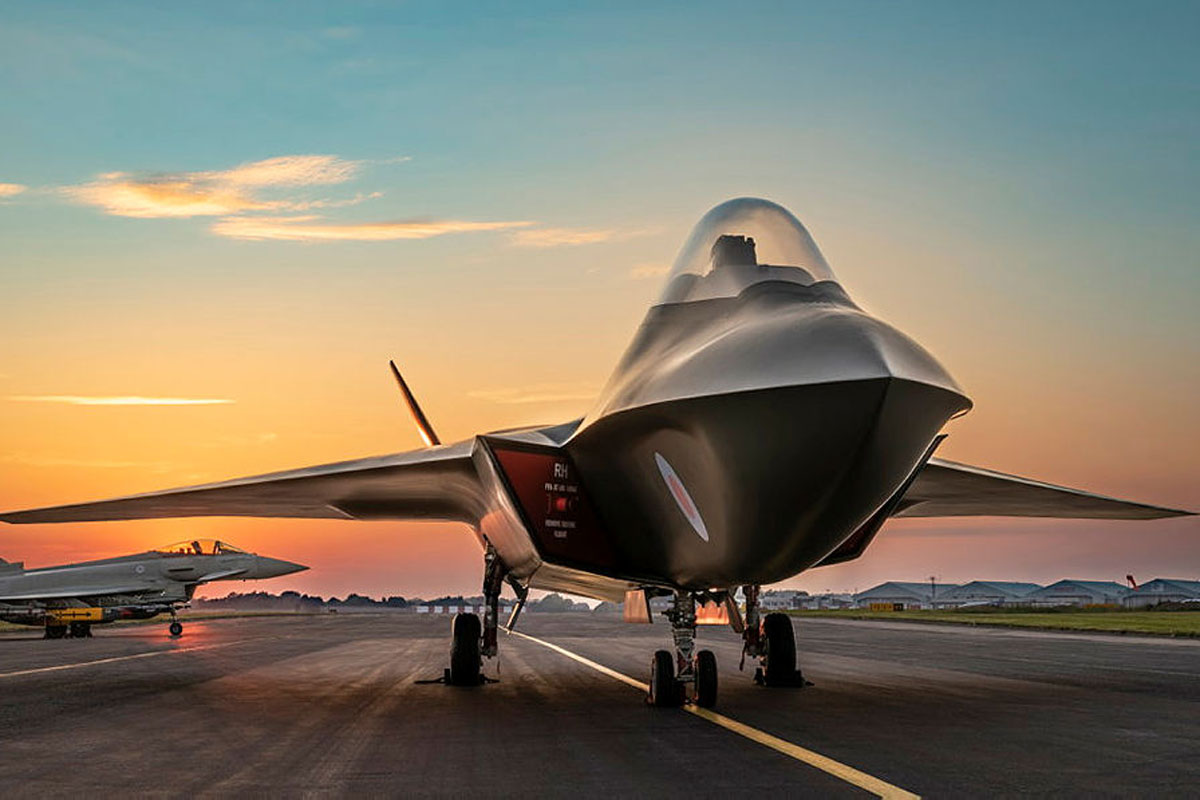
Pressure on Airbus and Dassault
The union of the Future Combat Air System (FCAS), as Tempest is also called, with the Japanese F-X was expected as a way to share the billionaire cost of developing a stealthy aerial platform with modular architecture.
So far, only the US has advanced projects in this regard, such as the recently unveiled B-21 Raider bomber.
The GCAP program will put pressure on another ambitious program, the eponymous FCAS led by Airbus and Dassault and with the participation of France, Germany and Spain.
Despite being more comprehensive by including an unmanned aircraft and a combat cloud, the 6th generation fighter is similar to the British, Italian and Japanese design.
It would be expected that the two programs would merge in the future, increasing the chances of becoming a reality. However, the recent disputes between Airbus and Dassault to lead projects show how difficult it is to accommodate so many interests in one direction.
